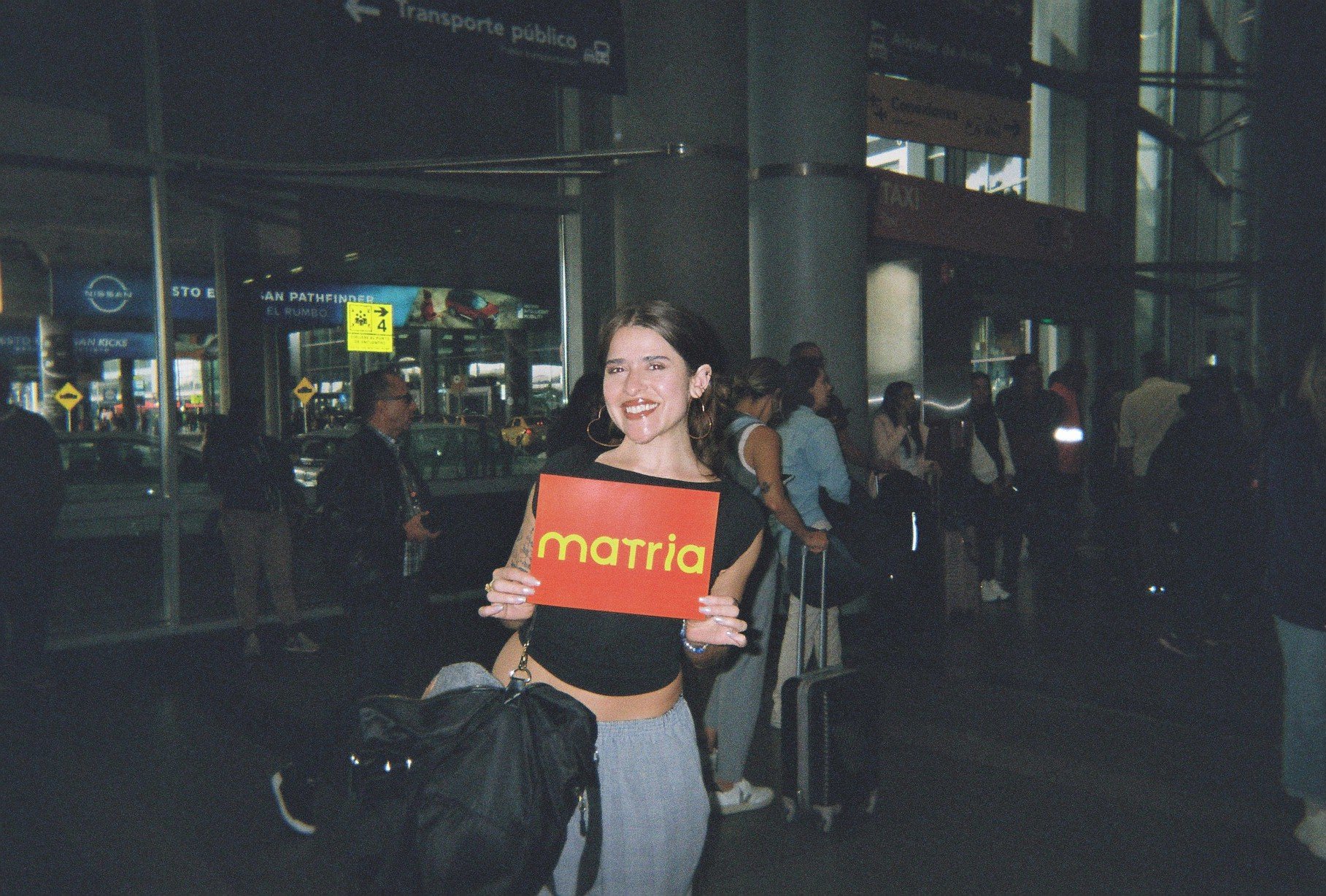matria, not a word in the dictionary
march 24, 2025- hanging out in dallas
as i’m about to release the matria website, this little idea that i am incredibly emotionally attached to and hopeful for, i realize you might not know where matria comes from.
first of all- it isn’t in the dictionary. it’s not a word in the traditional sense, though language is a living thing and i believe what makes a word is simply if we use it or not. the spanish language, like most romance languages, has two grammatical genders- masculine and feminine. a table is “la mesa”, feminine. a car, “el carro”, masculine. the group, no matter what genders it includes, is “el grupo”, masculine.
one of my closest friends, someone i’ve known since high school, has studied spanish for over a decade. they are fluent now and are fascinated by the language’s strange rules, rules i rarely questioned because familiarity can create complacence. i was in the process of turning my closet etc., my old vintage store-turned-travel experience brand into a yet to be named travel brand. our last travel experience was in 2020, right before the pandemic, and i sorely missed bringing incredible people together to explore my motherland. five years later, we were still being asked when were we going to host the next one… so we decided to start things up again. we needed a name, though.
i was in colombia doing research for the next trip when my friend reached out to me, playfully texting me in spanish- “como está la matria?”
la qué?
la matria. you know, the motherland.
patria means homeland/motherland in spanish. my friend had cleverly converted the word into its feminine version, unaware it did not exist. but… it really should, shouldn’t it?
obviously the matria team thinks so.


